Thursday, March 1
| 10:30 a.m.–11:30 p.m. | Writing Potpourri, Kaneko Auditorium Members of the ICL Writing Group will offer a blend of their stories and poems. You’re most cordially invited to enjoy the mix of vivid, lively writing, including a special reading by Dina Triest of poetry by our beloved ICL member, the late Virginia Corrie-Cozart. Readings will be offered by: Betty Kasoff (No photo available)
and:
|
| 11:30 a.m –12:30 p.m. | "What's Old is New: Community-Based Healthcare from Womb to Tomb," Deborah Patterson [Anne Bowden], Kaneko Auditorium Healthcare in the US is provided through a patchwork quilt of providers and insurers. In the 1980s, a grant from the Kellogg Foundation made possible the exploration of a a different model: going to a "health team" in your neighborhood who would help you stay well. From this model grew a new nursing profession called "Faith Community Nursing." Starting in five neighborhoods near Chicago in 1986, it has now spread to five continents and is garnering the attention of public health departments around the US: "what's old is new." It also has important lessons for the conversation around healthcare reform in the US moving forward.
|
| 1:30 – 3:30 p.m. | "From Modernism to Postmodernism: Meanings, Forms and Values of the Art," Ricardo De Mambro Santos [Bob Muir], Kaneko Auditorium This talk, delivered by Prof. Ricardo De Mambro Santos, aims to explain the critical validity of these two paradigms of cultural analysis - namely, Modernism and Postmodernism - in the attempt to clarify their most distinctive features as two very different, but profoundly interconnected discourses on the meanings, roles, and values of the arts in our society.
|
Tuesday, March 6
| 10:30 a.m.–12:30 p.m. | "Beauty, Mystery and Terror of Color," James Thompson [Tom Hibbard], Kaneko Auditorium Through the ages, color has been used as an expression of one's passion, an outward display of values, a demonstration of one's commitment level, a statement of belief, a manner of bestowing honorific status or even a symbol of exclusion, terror, banishment and the utmost degradation. This interdisciplinary examination of color, its development, manufacture, uses, meaning and history will allow us to learn more about its impact.
|
| 1:30 – 3:30 p.m. | "Great Decisions: Global Health–Progress and Challenges," Deanna Iltis [Jeanette Flaming], Kaneko Auditorium The collective action of countries, communities and organizations over the last 30 years has saved millions of lives around the world. Yet terrible inequalities in health and wellbeing persist. The world now faces a mix of old and new health challenges, including the preventable deaths of mothers and children, continuing epidemics of infectious diseases, and rising rates of chronic disease. We also remain vulnerable to the emergence of new and deadly pandemics. For these reasons, the next several decades will be very important in determining wellbeing across nations.
|
Thursday, March 8
| 10:30–11:30 a.m. | Music As a Mirror of History –"Beethoven: Wellington's Victory (1813)," Robert Greenberg [Solveig Holmquist], Kaneko Auditorium
|
| 11:30 a.m.–12:30 p.m. | "Beethoven's Symphony #3 'Eroica' " Solveig Holmquist, Kaneko Auditorium
It would be a total oversight to ignore Beethoven's early symphony, #3, in the context of any discussion of Napoleon's influence on Beethoven. Important to Beethoven's development in so many personal ways, the work must also be seen as a passionate expression of the young composer's great admiration for Napoleon. Since we know of Beethoven's tempestuous temperament, it's also not surprising that he subsequently became furious when his idol disappointed him, leading him to change the symphony's title from "Bonaparte" to "Eroica" ("Heroic"). We need to hear and examine this fantastic symphony, and who better to lead that exploration than Robert Greenberg? In this hour we will view his analysis of the work from a different lecture series, "The 30 Greatest Orchestral Works". It would be a total oversight to ignore Beethoven's early symphony, #3, in the context of any discussion of Napoleon's influence on Beethoven. Important to Beethoven's development in so many personal ways, the work must also be seen as a passionate expression of the young composer's great admiration for Napoleon. Since we know of Beethoven's tempestuous temperament, it's also not surprising that he subsequently became furious when his idol disappointed him, leading him to change the symphony's title from "Bonaparte" to "Eroica" ("Heroic"). |
| 1:30–3:30 p.m. | "A Statistical, Personal and Political Look at Income Inequality," Professor Russell Beaton [Gretchen Jensen], Kaneko Auditorium Professor Beaton's talk will look at recent trends over the last 40 years in the growth of income and wealth inequality in the U.S. economy. We will explore the broader social and cultural implications, and discuss with the audience these issues and proposed mechanisms for addressing the problem. There will be a PowerPoint presentation and plenty of time for questions and interaction.
|
Tuesday, March 13
| 10:30 a.m.–12:30 p.m. | "Nebraska's Prairie Plains Institute–the Importance of Preserving the World's Grasslands," Joyce Zook [Don Gallagher], Kaneko Auditorium The story of Prairie Plains Resource Institute will cover the need to protect what remains of the world’s grasslands, along with the history of this Nebraska organization that has been working toward that end since 1980. The mission of Prairie Plains is to educate all ages about the prairie lands and waters of the American Great Plains, emphasizing natural history, land stewardship, ecosystem restoration and place-based community development.
|
| 1:30 – 3:30 p.m. | "Climate of Antarctica," Steve Warren [Kay Reichlin], Kaneko Auditorium  Most of the Antarctic continent is a high plateau of snow-covered ice, so cold that the snow never melts. The snow surface is very bright, reflecting about 83% of the incident sunlight, helping to maintain the cold climate. The continent is surrounded by a cold ocean, whose surface freezes every winter to form a thin cover of sea ice, most of which melts away during summer. I will show pictures from a ship voyage between Australia and Antarctica to study sea ice and icebergs. Then I’ll describe the climate of the Plateau: temperatures, clouds, snowfall, and winds. I will also talk about the international politics of Antarctica, and about life at the South Pole Station. Please read On the Dark Side of the Planet before class. It's a fascinating account of winter in the Antarctic.
Steve's current research includes solar and infrared radiation processes in snow, clouds and sea ice; Antarctic climate; infrared radiation in the Antarctic atmosphere; oceanic processes on Snowball Earth; and recent changes in cloud cover and cloud types from surface observations. |
Thursday, March 15
| 9:00 a.m. - 5:00 p.m. | Field Trip The Field Trip will visit Medical Teams International and Vinn Distillery, PLUS a buffet lunch at McMenamins Old Church in Wilsonville is included.
MTI is a group that sends volunteers around the world to help communities in need following disasters, poverty, war, etc. Vinn Distillery is owned by a refugee family from China and Vietnam, who came to the US in 1979. They now distill a rice liquor from a family recipe they can trace back at least seven generations.
Meet at Willamette Heritage parking lot at 8:45AM; bus leaves promptly at 9:00AM. Expected to return to Salem by 5:00PM. |
Tuesday, March 20
| 10:30 a.m.–12:30 p.m. | Spring Play: "Arsenic and Old Lace," Kasia Quillinan, Kaneko Auditorium Mortimer Brewster is living a happy life: he has a steady job at a prominent New York newspaper, he’s just become engaged, and he gets to visit his sweet spinster aunts to announce the engagement. Mortimer always knew that his family had a bit of a mad gene -- his brother believes himself to be Teddy Roosevelt - but his world is turned upside down when he realizes that his dear aunts have been poisoning lonely old men for years! When Mortimer’s maniacal brother, Jonathan. (who strangely now resembles Boris Karloff) returns on the night that the aunts were planning to bury the newest victim, Mortimer must rally to help his aunts, get rid of Jonathan and his sidekick, Dr. Einstein, and their definitely cold companion-- all while trying to keep his own sanity. An uproarious farce and spoof on murder mystery plays, Arsenic and Old Lace has become a favorite amongst regional theatres throughout America.
|
| 1:30–2:30 p.m. | Continuation of Spring Play, Kaneko Auditorium |
| 2:30 – 3:30 p.m. | "Checkpoint: ICL Members Only," Mark Kasoff, Kaneko Auditorium At least once each semester we set aside a time for member feedback. So, how are we doing? And for new members, how are things going so far? This is the session to get your questions answered. |
Thursday, March 22
| 10:30 a.m.-12:30 p.m. | "The Geology of the Grand Canyon," Roz Shirack [Bob Muir], Kaneko Auditorium What makes the geology of the Grand Canyon so interesting is its accessibility. The story of the Grand Canyon began 1.8 billion years ago and continues today, as the Colorado river and its tributaries further deepen and widen the canyon. Trails , some of which run along fault lines, allow visitors to see and touch 23 separate rock formations. We will take a hike from the bottom of the canyon to the rim, stopping to see how and why the rocks were formed and learning about a changing landscape of tropical seas, mudflats and deserts.
|
| 1:30–2:30 p.m. | "Identity Theft and Other Risks for Seniors," Rose Barker [Don Gallagher], Kaneko Auditorium “Our identities,” Rose Barker says, are “one of the most valuable things we own.” Reclaiming your identity is a tough battle. Victims can have a challenging time proving that someone else stole and assumed their identity to commit a crime. Identity theft, she said, is one of the few crimes where the victim is guilty until proven innocent. She hopes to help others protect themselves before it’s too late.
|
| 2:30–3:30 p.m. | Favorite Books [Susie Lee], Kaneko Auditorium ICL members will give a brief "book report" on their favorite book |
Week of March 26-March 30
Spring Break |


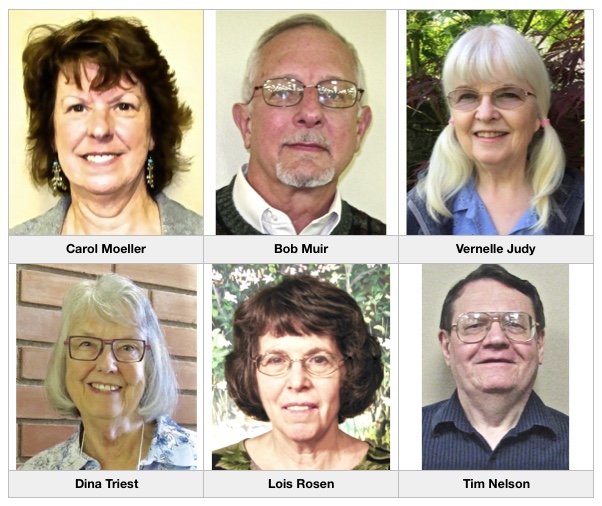
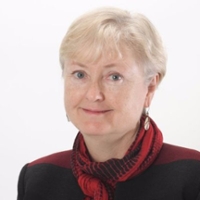 Rev. Dr. Deborah Patterson
Rev. Dr. Deborah Patterson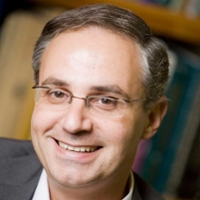 Professor De Mambro Santos is Professor of Art History and Guest Curator and Collection Committee Member, Hallie Ford Museum of Art.
Professor De Mambro Santos is Professor of Art History and Guest Curator and Collection Committee Member, Hallie Ford Museum of Art.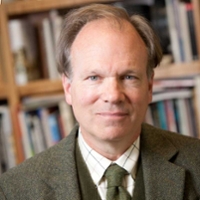 James Thompson is a Curator and Professor of Art at Willamette University. His M.F.A. is from Washington University School of Fine Arts. He teaches classes in Painting, Printmaking, Drawing, Design and Art History. He won the Hewlett Award for International Exhibition in Scotland, fall 2010.
James Thompson is a Curator and Professor of Art at Willamette University. His M.F.A. is from Washington University School of Fine Arts. He teaches classes in Painting, Printmaking, Drawing, Design and Art History. He won the Hewlett Award for International Exhibition in Scotland, fall 2010.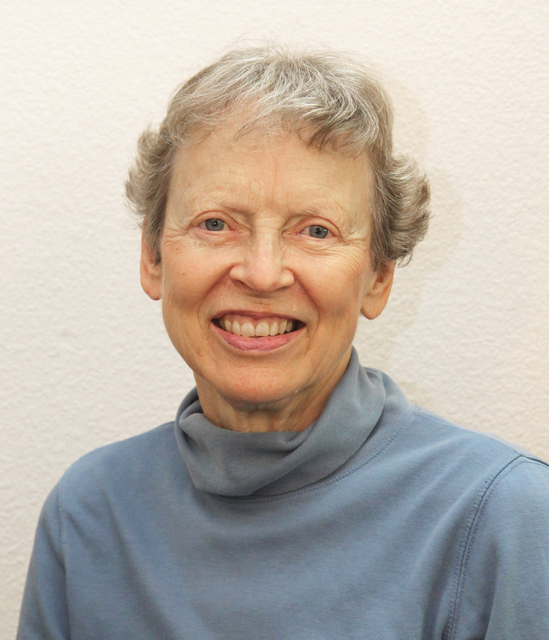 Deanna Iltis has been an active member of ICL since September, 2015.
Deanna Iltis has been an active member of ICL since September, 2015.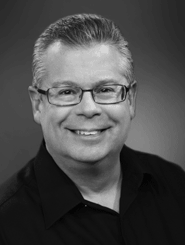 Beethoven's 15- minute-long orchestral work Wellington's Victory was, in his lifetime, the single most popular and profitable of his works. Artistically, Wellington's Victory is, in the words of Herbert Weinstock, "an atrocious potboiler" -- without any doubt the worst "major" piece ever written by a major composer. The truth is, we can't evaluate Wellington's Victory merely as an artwork, because it's much more than that: It's a snapshot of its time and place, a mirror of the exuberance and hope that followed a series of French defeats that foretold the end of Napoleon.
Beethoven's 15- minute-long orchestral work Wellington's Victory was, in his lifetime, the single most popular and profitable of his works. Artistically, Wellington's Victory is, in the words of Herbert Weinstock, "an atrocious potboiler" -- without any doubt the worst "major" piece ever written by a major composer. The truth is, we can't evaluate Wellington's Victory merely as an artwork, because it's much more than that: It's a snapshot of its time and place, a mirror of the exuberance and hope that followed a series of French defeats that foretold the end of Napoleon.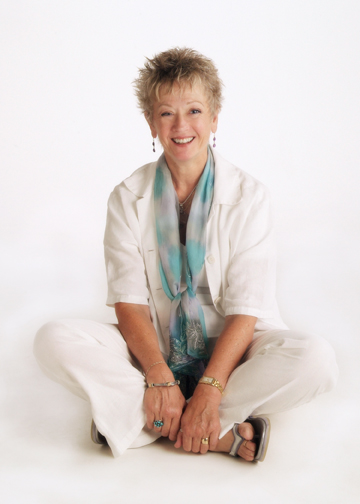
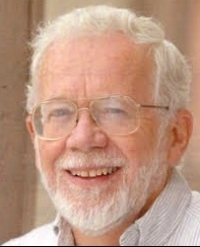 Russ Beaton taught economics at Willamette University for 33 years, specializing in urban land economics, energy economics and environmental economics. He earned a B.A. from Willamette, and M.A. and Ph.D. from Claremont University. He served, from Fall, 1971, on Hector MacPherson’s Land Use Planning Action Committee that authored Senate Bill 100 and introduced it into the 1973 Oregon Legislative Session. He lobbied for the bill and testified during the hearings. He served on several of the Technical Advisory Committees under LCDC in late 1973 and 1974 following passage of the bill that were responsible for fleshing out the goals and guidelines to implement the program. He helped establish Urban Growth Boundaries in Oregon. He has co-authored three books in the area of sustainable development, and is nearing completion on a fourth co-authored with his brother Dave, addressing the topic of creating a healthy local economy in the face of a globalizing world.
Russ Beaton taught economics at Willamette University for 33 years, specializing in urban land economics, energy economics and environmental economics. He earned a B.A. from Willamette, and M.A. and Ph.D. from Claremont University. He served, from Fall, 1971, on Hector MacPherson’s Land Use Planning Action Committee that authored Senate Bill 100 and introduced it into the 1973 Oregon Legislative Session. He lobbied for the bill and testified during the hearings. He served on several of the Technical Advisory Committees under LCDC in late 1973 and 1974 following passage of the bill that were responsible for fleshing out the goals and guidelines to implement the program. He helped establish Urban Growth Boundaries in Oregon. He has co-authored three books in the area of sustainable development, and is nearing completion on a fourth co-authored with his brother Dave, addressing the topic of creating a healthy local economy in the face of a globalizing world.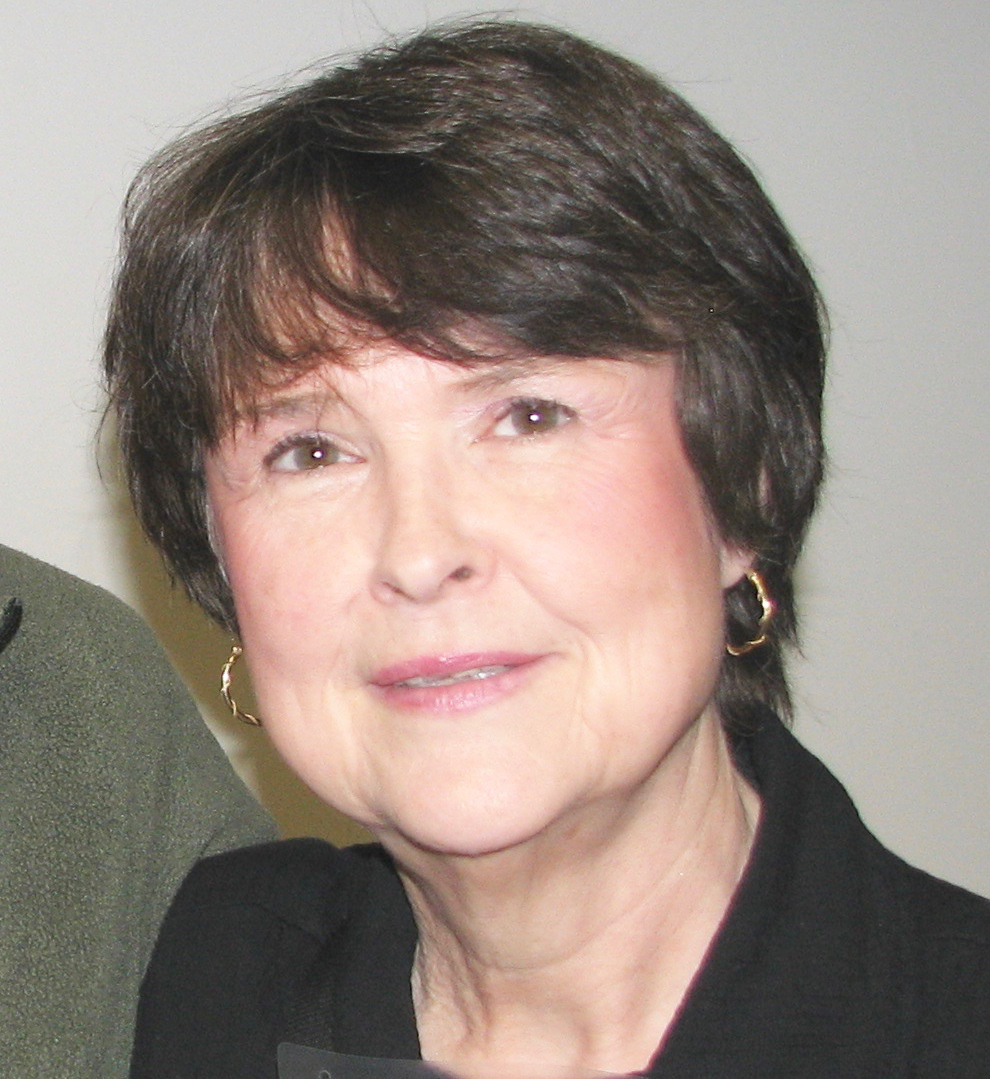 Joyce Zook was born in Nebraska, and was raised on a farm near Fairfield. After college and marriage to Thomas Zook, they moved to Oregon where they raised their two children. Joyce's career was in Health Care, where she specialized in Microbiology and later in Laboratory Management. She and her farm family members have always had an appreciation for conservation and good ecological practices to provide a sustainable future on Earth. Her young sister and husband established Prairie Plains Resource Institute in Aurora, Nebraska, and have dedicated their life to this project and educating the public about the importance of preserving Prairie lands. In retirement Joyce dedicates time to the Marion County Master Gardener program which promotes sustainable gardening and protecting our local environment. She and Thomas joined ICL in 2011.
Joyce Zook was born in Nebraska, and was raised on a farm near Fairfield. After college and marriage to Thomas Zook, they moved to Oregon where they raised their two children. Joyce's career was in Health Care, where she specialized in Microbiology and later in Laboratory Management. She and her farm family members have always had an appreciation for conservation and good ecological practices to provide a sustainable future on Earth. Her young sister and husband established Prairie Plains Resource Institute in Aurora, Nebraska, and have dedicated their life to this project and educating the public about the importance of preserving Prairie lands. In retirement Joyce dedicates time to the Marion County Master Gardener program which promotes sustainable gardening and protecting our local environment. She and Thomas joined ICL in 2011.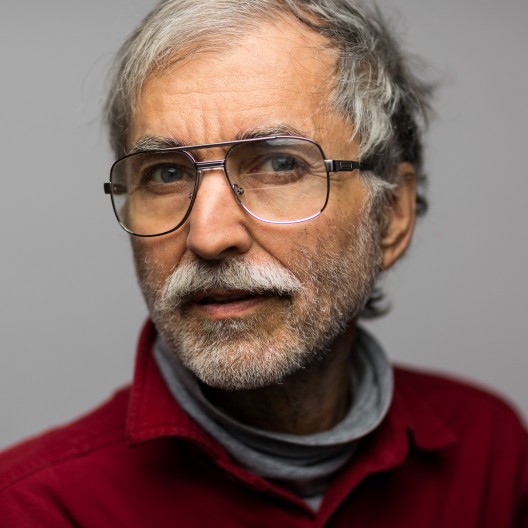 Steve Warren
Steve Warren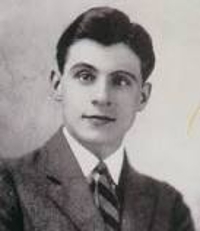 Joseph Otto Kesselring (July 21, 1902 – November 5, 1967) was an American playwright who was best known for writing Arsenic and Old Lace, a hit on Broadway from 1939 to 1944 and in other countries as well. He was born in New York City to Henry and Frances Kesselring. During college, Kesselring lived in a college house that would later be the basis of the set of Arsenic and Old Lace. He began working as a freelance playwright in 1933, completing 12 original plays, of which four were produced on Broadway: There's Wisdom in Women (1935), Arsenic and Old Lace (1939), Four Twelves Are 48 (1951), and Mother of That Wisdom (1963). Arsenic and Old Lace was his masterpiece. It ran for 1444 performances on Broadway and 1337 performances in London, and became a staple in high school and dinner theater circuits. The 1944 movie adaption starring Cary Grant was also a comedy hit. Kesselring died on November 5, 1967 at the age of 65. The National Arts Club created the Joseph Kesselring Prize for up and coming playwrights in 1980.
Joseph Otto Kesselring (July 21, 1902 – November 5, 1967) was an American playwright who was best known for writing Arsenic and Old Lace, a hit on Broadway from 1939 to 1944 and in other countries as well. He was born in New York City to Henry and Frances Kesselring. During college, Kesselring lived in a college house that would later be the basis of the set of Arsenic and Old Lace. He began working as a freelance playwright in 1933, completing 12 original plays, of which four were produced on Broadway: There's Wisdom in Women (1935), Arsenic and Old Lace (1939), Four Twelves Are 48 (1951), and Mother of That Wisdom (1963). Arsenic and Old Lace was his masterpiece. It ran for 1444 performances on Broadway and 1337 performances in London, and became a staple in high school and dinner theater circuits. The 1944 movie adaption starring Cary Grant was also a comedy hit. Kesselring died on November 5, 1967 at the age of 65. The National Arts Club created the Joseph Kesselring Prize for up and coming playwrights in 1980.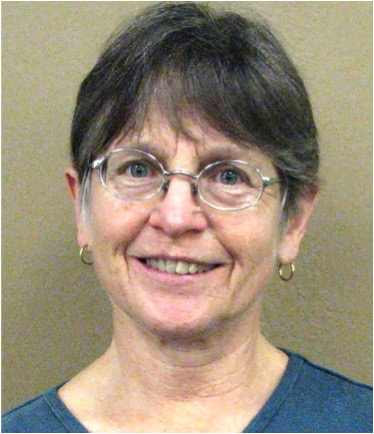 Roz Shirack joined ICL in 2012. She is a retired economist from the Oregon Legislative Fiscal Office. She has a robust curiosity about the geology, flora and fauna of places she visits. In retirement, Roz enjoys travel, hiking, photography, reading and learning.
Roz Shirack joined ICL in 2012. She is a retired economist from the Oregon Legislative Fiscal Office. She has a robust curiosity about the geology, flora and fauna of places she visits. In retirement, Roz enjoys travel, hiking, photography, reading and learning.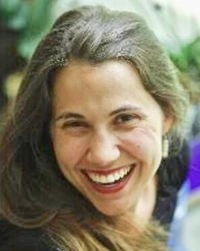 Rose Barker has balanced her desire for adventure with an emphasis on safety. A self-described “paranoid traveler,” Barker invented a ‘Passport Pocket’ to safely and comfortably conceal passports, money and other vital documents inside one’s clothing. Despite her focus on safety and protection, her outward disposition is friendly, open. Barker believes strongly in social justice and living in community. She worked at CAPACES Leadership Institute, a Woodburn-based nonprofit geared toward developing advocacy in Oregon’s migrant farming community. It was during her time at CAPACES that Barker got interested in increasing access to legal services, which she calls “empowering.” Her interest in advocacy and safety eventually merged and led to a career as a certified risk management consultant. She gives talks to employers and state agencies about the importance of, and useful techniques for, protecting one’s identity from hackers and thieves.
Rose Barker has balanced her desire for adventure with an emphasis on safety. A self-described “paranoid traveler,” Barker invented a ‘Passport Pocket’ to safely and comfortably conceal passports, money and other vital documents inside one’s clothing. Despite her focus on safety and protection, her outward disposition is friendly, open. Barker believes strongly in social justice and living in community. She worked at CAPACES Leadership Institute, a Woodburn-based nonprofit geared toward developing advocacy in Oregon’s migrant farming community. It was during her time at CAPACES that Barker got interested in increasing access to legal services, which she calls “empowering.” Her interest in advocacy and safety eventually merged and led to a career as a certified risk management consultant. She gives talks to employers and state agencies about the importance of, and useful techniques for, protecting one’s identity from hackers and thieves.